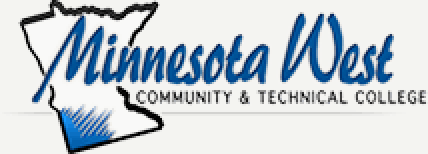PHYS 1150 Survey of Astronomy
PHYS 1150: Survey of Astronomy
Description
Survey of Astronomy covers a general overview of the science of astronomy. Topics include the history of astronomy, the nature of science, celestial motion, phases of the moon, gravity, Kepler’s Laws, light and spectroscopy, the Solar System, stars, galaxies, and cosmology. There will be lab activities to accompany many of the topics.
Credits
3
Prerequisite
MATH 1107, placement by Multiple Measures, or instructor permission
Corequisite
None
Topics to be Covered
1. History of astronomy
2. Motions on the celestial sphere
3. Seasons
4. Phases of the Moon
5. Kepler’s Laws of planetary motion
6. Newton’s Laws and gravity
7. Spectroscopy and light
8. Telescopes
9. The terrestrial worlds
10. The Jovian planets and their satellites
11. Comets and asteroids
12. The Sun
13. Stellar Properties
14. Stellar remnants
15. Star clusters and Galaxies
16. The structure and history of the Universe
Learning Outcomes
1. Illustrate the current scientific understanding of the physical universe.
2. Combine multiple techniques of the scientific process to various aspects of astronomy.
3. Demonstrate models of physical behavior as it relates to our knowledge of the universe.
4. Examine astronomical topics and their impacts on past and current society.
Credit Details
Lecture: 2
Lab: 1
OJT: 0
MnTC Goal Area(s): Goal Area 03 - Natural Sciences
Minnesota Transfer Curriculum Goal Area(s) and Competencies
Goal Area 03: Natural Sciences
1. Demonstrate understanding of scientific theories.
2. Formulate and test hypotheses by performing laboratory, simulation, or field experiments in at least two of the natural science disciplines. One of these experimental components should develop, in greater depth, students’ laboratory experience in the collection of data, its statistical and graphical analysis, and an appreciation of its sources of error and uncertainty.
3. Communicate their experimental findings, analyses, and interpretations both orally and in writing.
4. Evaluate societal issues from a natural science perspective, ask questions about the evidence presented, and make informed judgments about science-related topics and policies.
